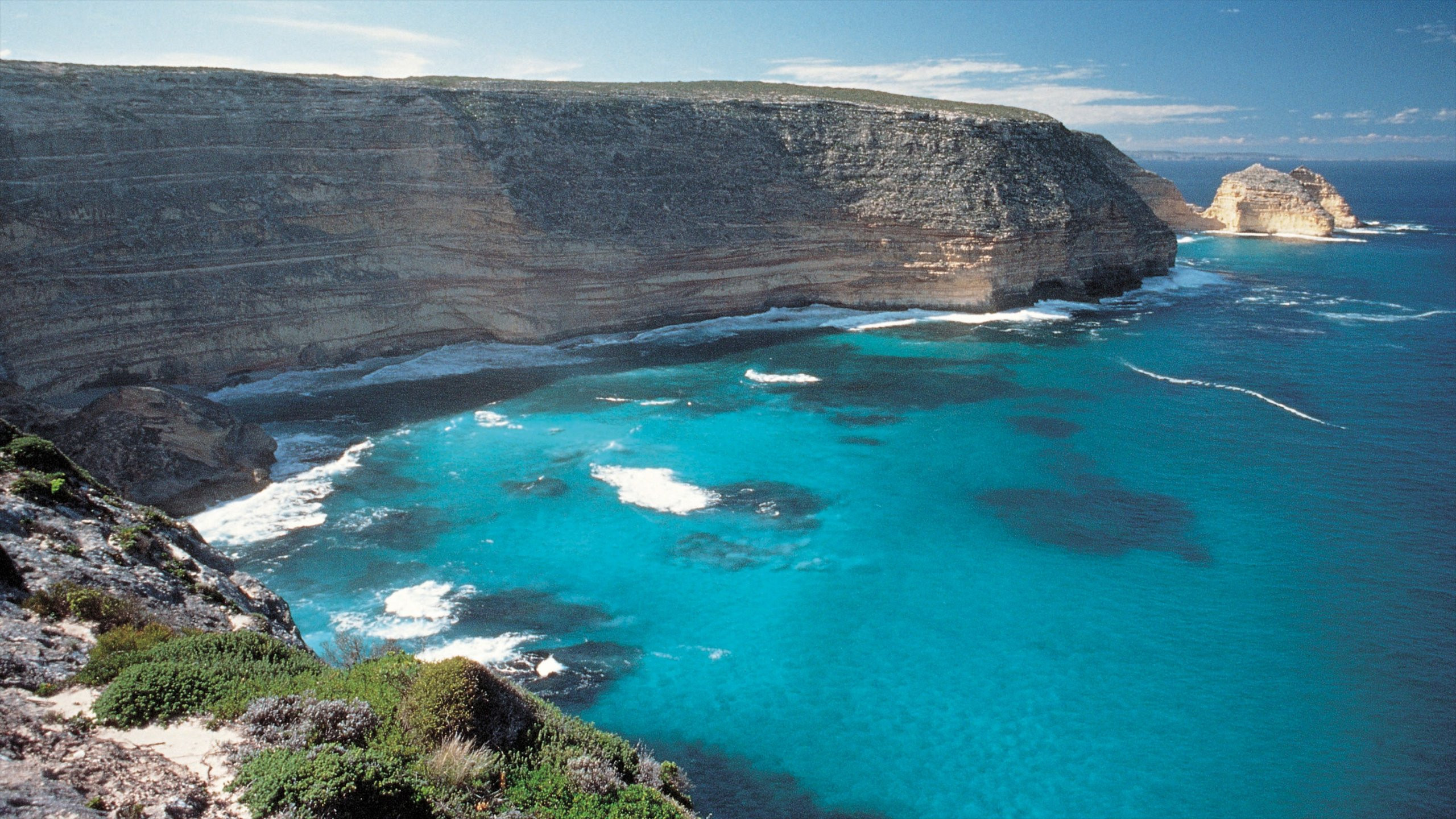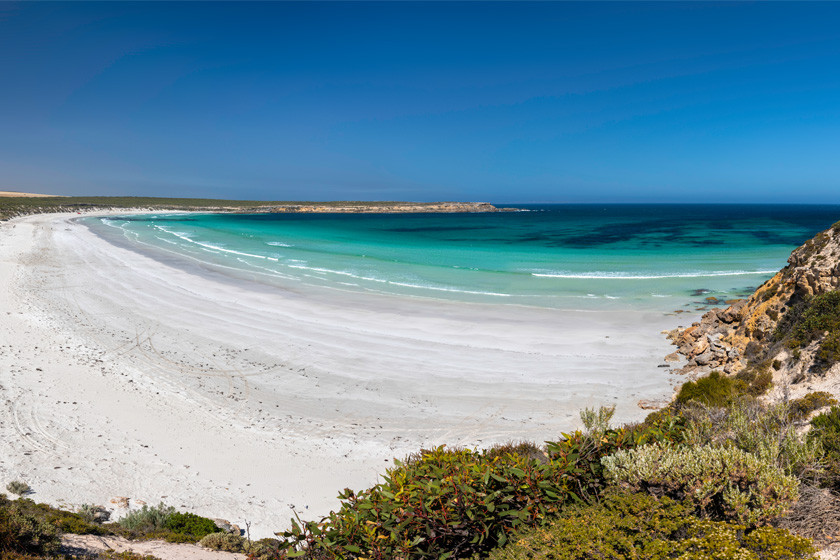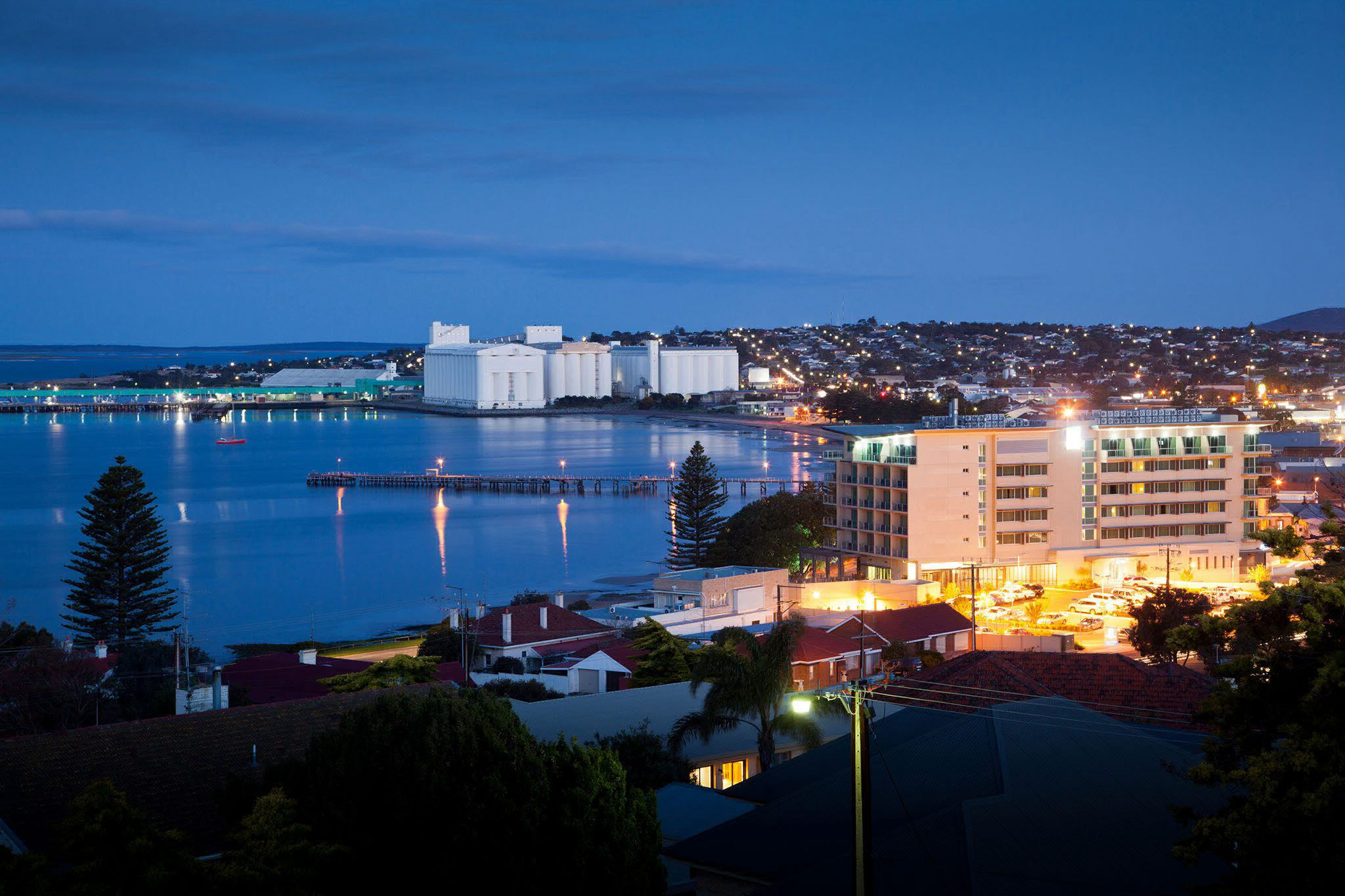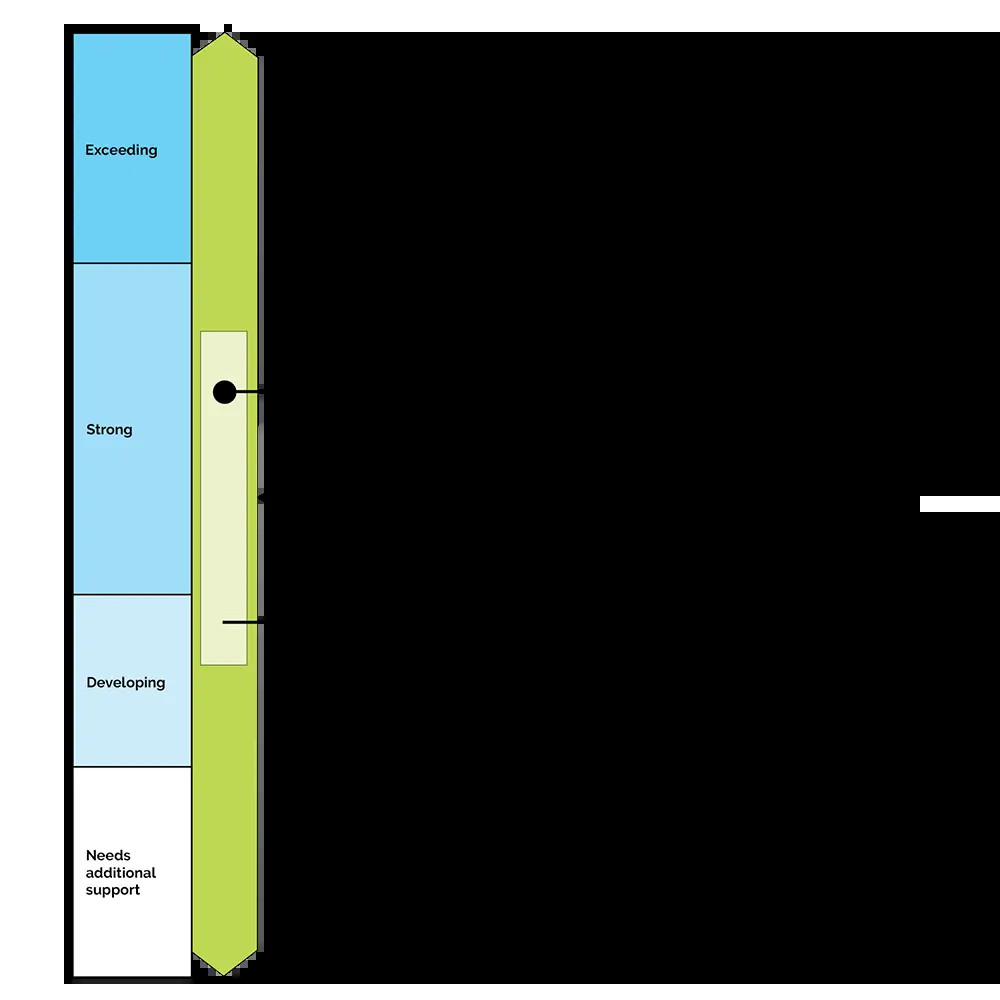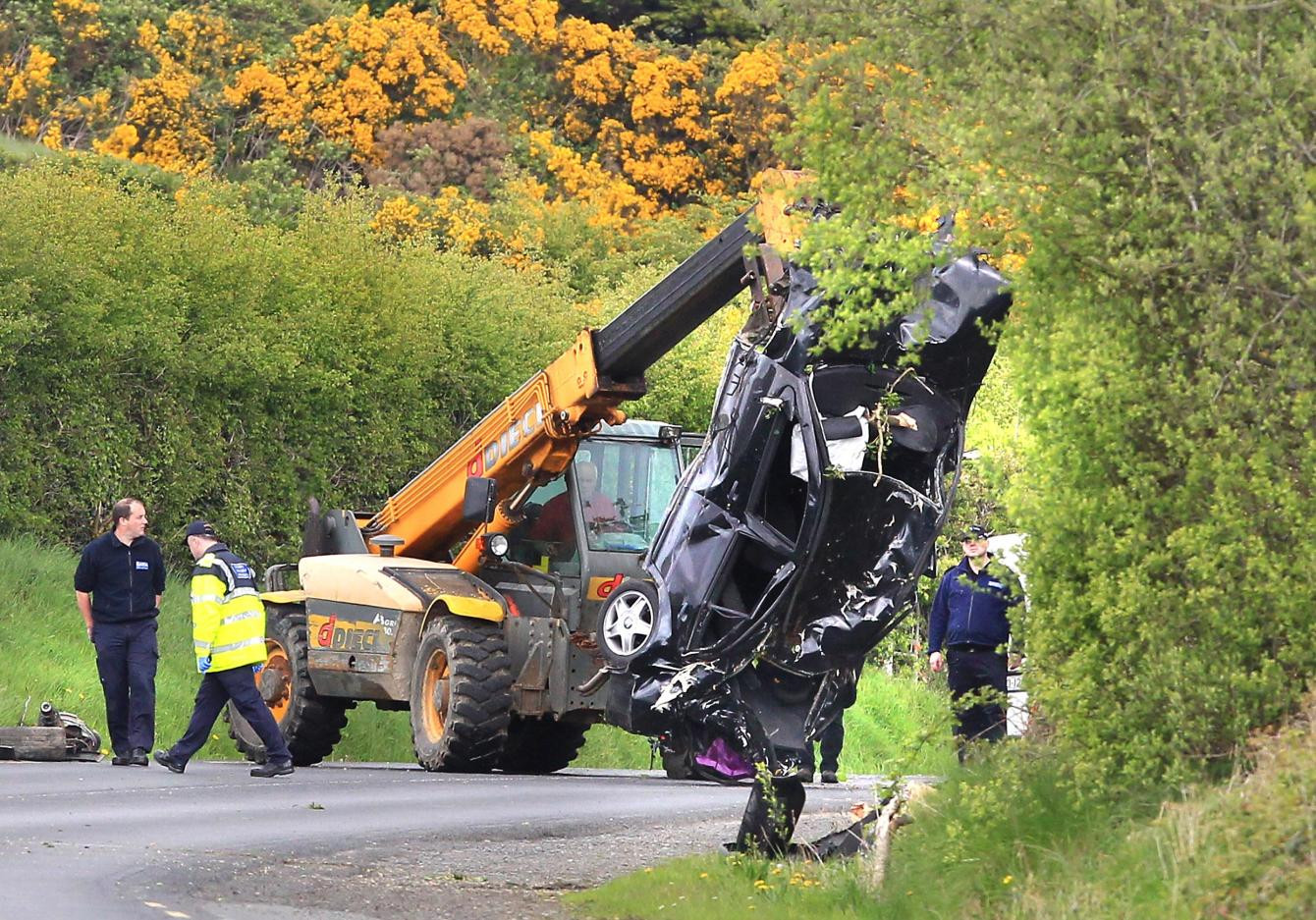Authorities fear "time is running out" to keep the taps flowing in a city home to hundreds of British expats and descendants from the UK.
Port Lincoln, Australia, is famous for its seafood, fishing and shark spotting tours but now residents are facing the prospect of running out of fresh water in just two years.
ABC News reports more than 15,000 people could be affected after the over-extraction of ground water resources has put the city's supply in danger of running dry. And authorities fear the wider region, known as the Eyre Peninsula, could also be affected with almost 28,000 residents facing a shortage.
Water Crisis in Port Lincoln
The crisis is a result of decades of over-extraction of groundwater, which has led to the depletion of the region's aquifers. Aquifers are natural geological sources of fresh water underground which can be tapped by a bore hole to extract H20 for supplying homes and businesses. The situation has become so severe that the state government has warned that the region could run out of drinkable water within two years.
The Desalination Solution
The government has proposed building a £160 million desalination plant to convert seawater into freshwater. While this would address the immediate water shortage, it has raised concerns among some residents and businesses. SA Water Minister Nick Champion told ABC's 7.30 programme the situation was "dire" and the government was proposing to build a £160 million desalination plant - which converts seawater into freshwater to fix the problem.
He said: "We're running out of time, and we need to act.
"The aquifers are running salty. We've exhausted our capacity to utilise Mother Nature for a water resource. We've just got to get on and look at the solution to it."
Concerns Over Desalination
However, the proposed desalination plant has drawn criticism from some, particularly those in the aquaculture industry, who worry it could harm the marine environment. Eyre Peninsula Seafoods CEO Mark Andrews said he was worried a proposed desalination plant, a facility used to convert sea water in drinking water, could put the marine environment at risk.
He said: "Sealife gets sucked into the intake into the desalination plant and then therefore, it is not out there for me to catch."
He added: "Let's call it a vacuum cleaner and that vacuum cleaner is taking in the water through the desalination plant and my spat (young oysters) goes with it."
A Call for Action
The state government has insisted that the desalination plant is necessary to prevent a water crisis. Liberal MP Nicola Centofanti said regional government and water authorities should have acted sooner to fix the problem.
She added: "I think there's a real frustration in the community and we're hearing through this committee that SA water and successive governments have sat on their hands for the best part of 15 years on this issue.
"We do have a situation here where we are running out of time, the peninsula does need a desalination plant but we've got a site that's been chosen by the government that does not have community support."
Moving Forward
The water crisis in Port Lincoln highlights the importance of sustainable water management and the need for long-term planning to avoid such situations in the future. The government's decision to build a desalination plant is a step towards addressing the immediate crisis, but it is crucial to also consider the long-term implications of this decision on the environment and the community.
The state government says the issue is no longer up for debate because the region faces a water crisis and in just two years time the water there may be completely undrinkable. Port Lincoln is home to approximately 15,000 people. "The water situation is dire," SA Water Minister Nick Champion told 7.30. "We're running out of time, and we need to act." He said: "The aquifers are running salty. We've exhausted our capacity to utilise Mother Nature for a water resource.
"We've just got to get on and look at the solution to it." CEO of Eyre Peninsula Seafoods Mark Andrews said: "Today, we are the largest processor, farmer, marketer of mussels in Australia representing 65 per cent of the industry, pulling 76 people between the factory boats, office and in marketing.
"Why would you want to put a desalination plant in an aquaculture zone?" Liberal MP Nicola Centofanti said: "We do have a situation here where we are running out of time, the peninsula does need a desalination plant but we've got a site that's been chosen by the government that does not have community support."
"I think there's a real frustration in the community and we're hearing through this committee that SA water and successive governments have sat on their hands for the best part of 15 years on this issue," the MP went on to warn.
Mr Champion said: "I'm absolutely confident that what will happen is, in 10 years' time, we'll go to Port Lincoln, and we'll wonder what all the fuss was about."




